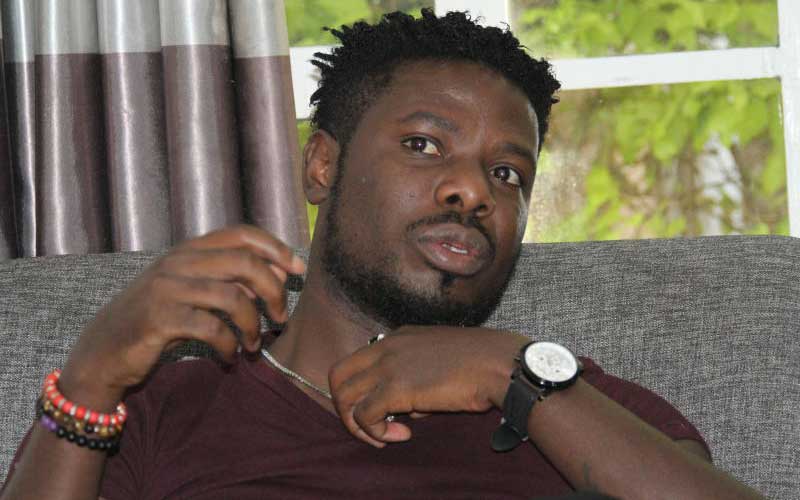×
The Standard e-Paper
Smart Minds Choose Us

What is the smartest money decision you ever made? I ask.
He stares at me quizzically as though sorting through his memory files and says, “Getting a financial advisor at the height of my football career.” He runs his hand through his curly hair, seemingly battling with a decision on how much financial information to disclose.